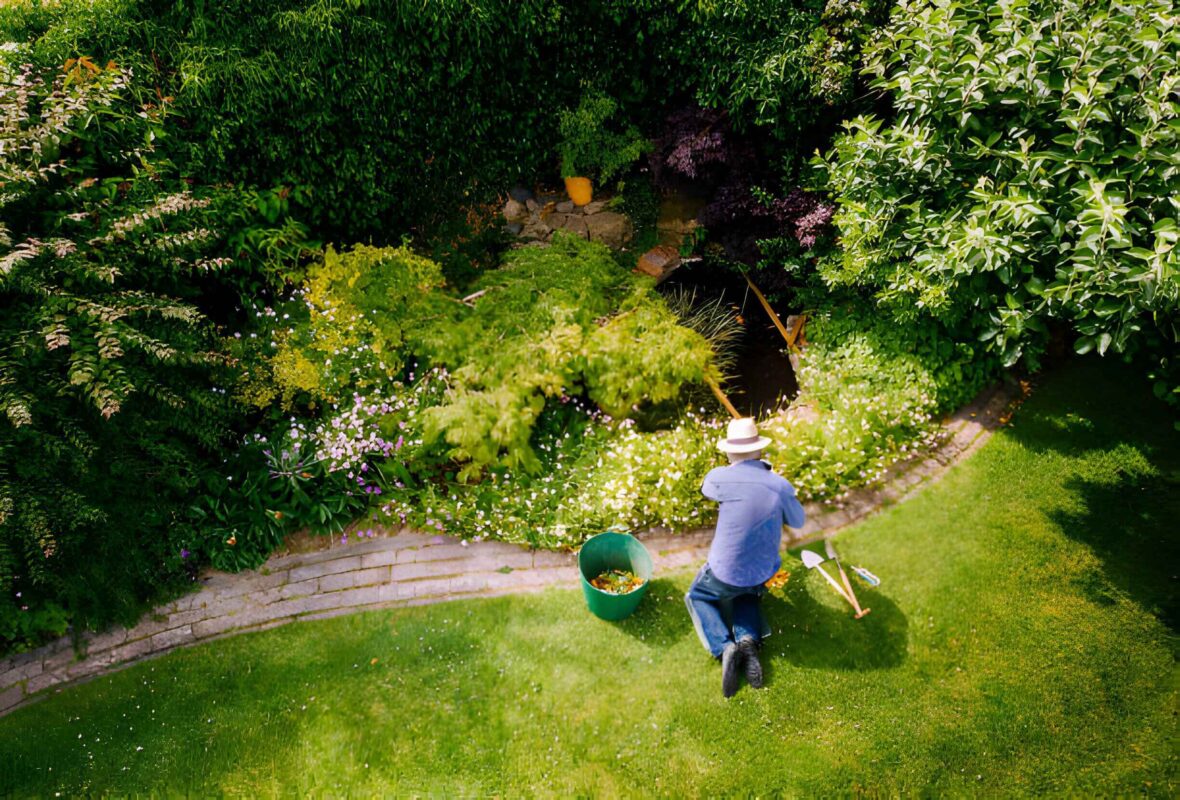In today’s environmentally conscious world, creating a sustainable outdoor space is more important than ever. From native plant gardens to rainwater harvesting systems, there are countless ways to make your yard a haven of eco-friendliness. One trend that’s gaining traction is the use of artificial grass as a sustainable alternative to traditional lawns. Artificial grass, also known as synthetic turf, offers numerous environmental benefits that make it an attractive option for eco-minded homeowners. Crafted from recycled materials and requiring minimal water and maintenance, synthetic grass helps conserve water, reduce carbon emissions, and minimize chemical usage.
But beyond its eco-friendliness, artificial grass also provides aesthetic appeal and practicality that can enhance any outdoor living area. So, why is artificial grass a sustainable choice for your lawn? Let’s delve deeper:
Contents
1. Water Efficiency
With water scarcity becoming a growing concern in many regions, traditional grass lawns are increasingly unsustainable. Unlike natural grass, which demands regular watering to stay green, artificial grass stays lush year-round with minimal irrigation. By switching to synthetic turf, homeowners can significantly cut down on their water consumption and contribute to water conservation efforts in their communities.
2. Low Maintenance
Maintaining a traditional lawn can be a time-consuming chore, requiring frequent mowing, fertilizing, and weed control. In contrast, artificial grass requires little upkeep, saving homeowners time and resources. Say goodbye to mowing, edging, and watering – with synthetic turf; you can spend more time enjoying your outdoor space and less time on yard work.
3. Durability
Engineered to withstand the elements, synthetic grass is perfect for high-traffic areas like backyard play spaces and pet zones. Unlike natural grass, which can wear thin over time, artificial turf maintains its lush appearance and resilience year after year. With proper installation and care, synthetic grass can last for up to 15 years or more, providing long-lasting value and enjoyment for homeowners.
4. Environmental Responsibility
By opting for artificial grass, you’re not just saving water and reducing maintenance – you’re also minimizing your environmental impact. Synthetic turf eliminates the need for harmful pesticides, herbicides, and fertilizers, which can harm wildlife and ecosystems. Plus, the use of recycled materials in its production helps cut down on waste and preserve natural resources.
5. Versatility
Synthetic grass is incredibly versatile and can be used in various outdoor applications, from residential lawns to commercial landscapes. Whether you’re creating a backyard retreat, a pet-friendly play area, or a rooftop garden, artificial turf offers endless possibilities. With its realistic appearance and soft texture, synthetic grass provides a luxurious surface for outdoor activities and relaxation.
6. Cost-Effectiveness

While the initial investment in artificial grass may seem higher than in natural grass, it’s essential to consider the long-term cost savings. With no need for watering, mowing, or fertilizing, synthetic turf can save homeowners thousands of dollars in maintenance costs over its lifespan. Additionally, many municipalities offer incentives and rebates for installing water-saving landscaping, further reducing the overall cost of artificial grass installation.
Conclusion
In conclusion, artificial grass is a sustainable landscaping solution that offers numerous benefits for eco-conscious homeowners. From water efficiency to low maintenance to environmental responsibility, synthetic turf provides a practical and eco-friendly alternative to traditional lawns. So why not make the switch to clean synthetic grass today and enjoy all its benefits?
Clean synthetic grass is the secret to an aesthetically pleasing lawn, which is why it’s so important to care for your turf. Even though maintenance is minimal, this isn’t to say that it doesn’t exist; however, it’s still much less taxing than caring for natural grass. Let’s work together to create a greener, more sustainable future for all.




